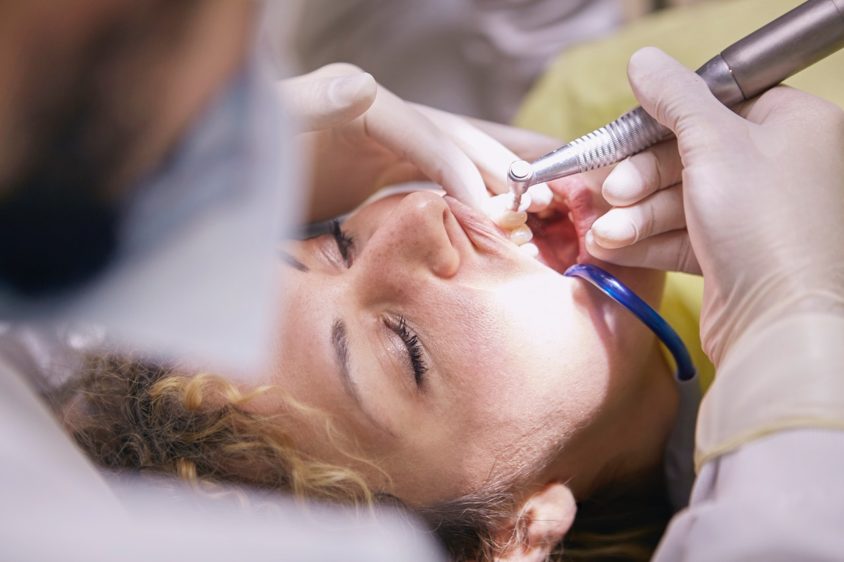Whether you’re brushing at home or getting a professional cleaning, there’s one substance prized above all others for protecting your teeth: fluoride. A naturally occurring mineral in the Earth’s crust and water, fluoride is present in nearly all dental products.
Unfortunately in our age of misinformation, a number of myths persist about fluoride. The truth is that when used as normal, you have nothing to fear from this helpful mineral.
Myth: You Don’t Need Fluoride for Dental Health
When you brush or clean your teeth, the mechanical action is what actually removes plaque and food residue. But fluoride goes a step further by reducing demineralization, the first step in tooth decay. The science behind this is complex, but essentially, fluoride bonds with calcium and phosphates in your teeth to prevent cavities from forming. This is why most toothpaste has fluoride and why public water supplies add it to the mix.
Non-fluoride toothpastes do exist, but are mostly intended for very young children or people with allergies.
Myth: Fluoride Damages Teeth
Fluorosis is an unpleasant condition where teeth become brown and pitted. Fluorosis is real, and is caused by excessive exposure to fluoride. Pictures floating around online show horrific images of children with mangled teeth.
Here in the US, fluoride levels in water and toothpaste are far, far below the amount required to cause fluorosis, and fluorosis that does occur is usually only noticeable by a dentist. With that said, children with developing teeth may benefit from a smaller amount of toothpaste while brushing. They should also be taught to not swallow toothpaste.
Myth: Fluoride in Water Causes Disease
Fluoride naturally occurs in some amount in almost all water on Earth. For public health, many public water supplies add fluoride to an amount of .07 parts per million, so around .7 milligrams per liter.
Fluoride toxicity can occur at higher doses, but the required amounts are significantly more than what’s in public water. Kidney issues can occur at around 4mg/L, and some research suggests bone issues at 1-4mg/L. It is essentially impossible to consume that much fluoridated water in one day.
If you have additional questions about fluoride or concerns over a fluoride allergy, you should speak to a qualified dentist. Klooster Family Dentistry offers expert advice and care to patients across the Triangle, with multiple locations to serve you. Contact us today to schedule an appointment!

